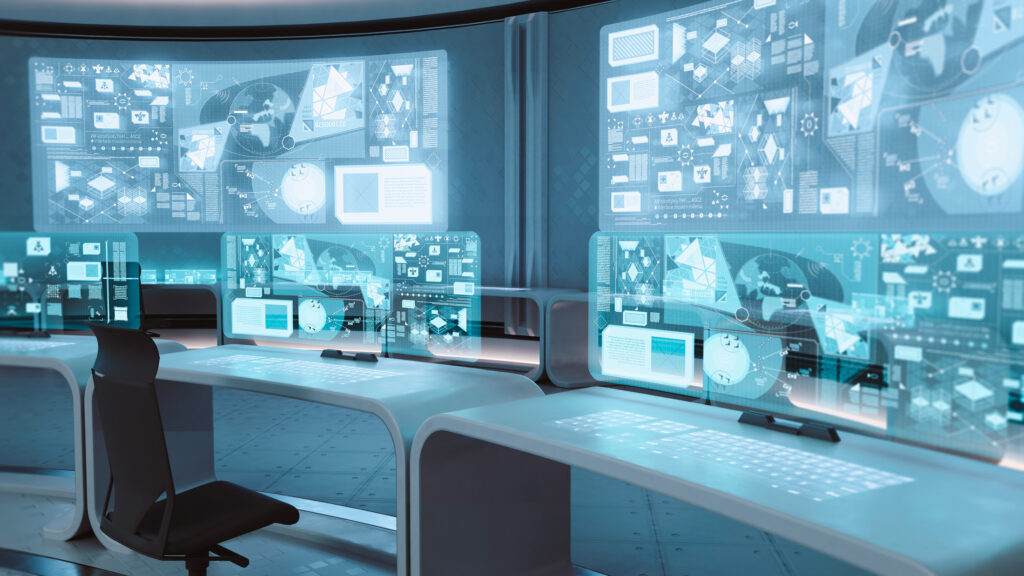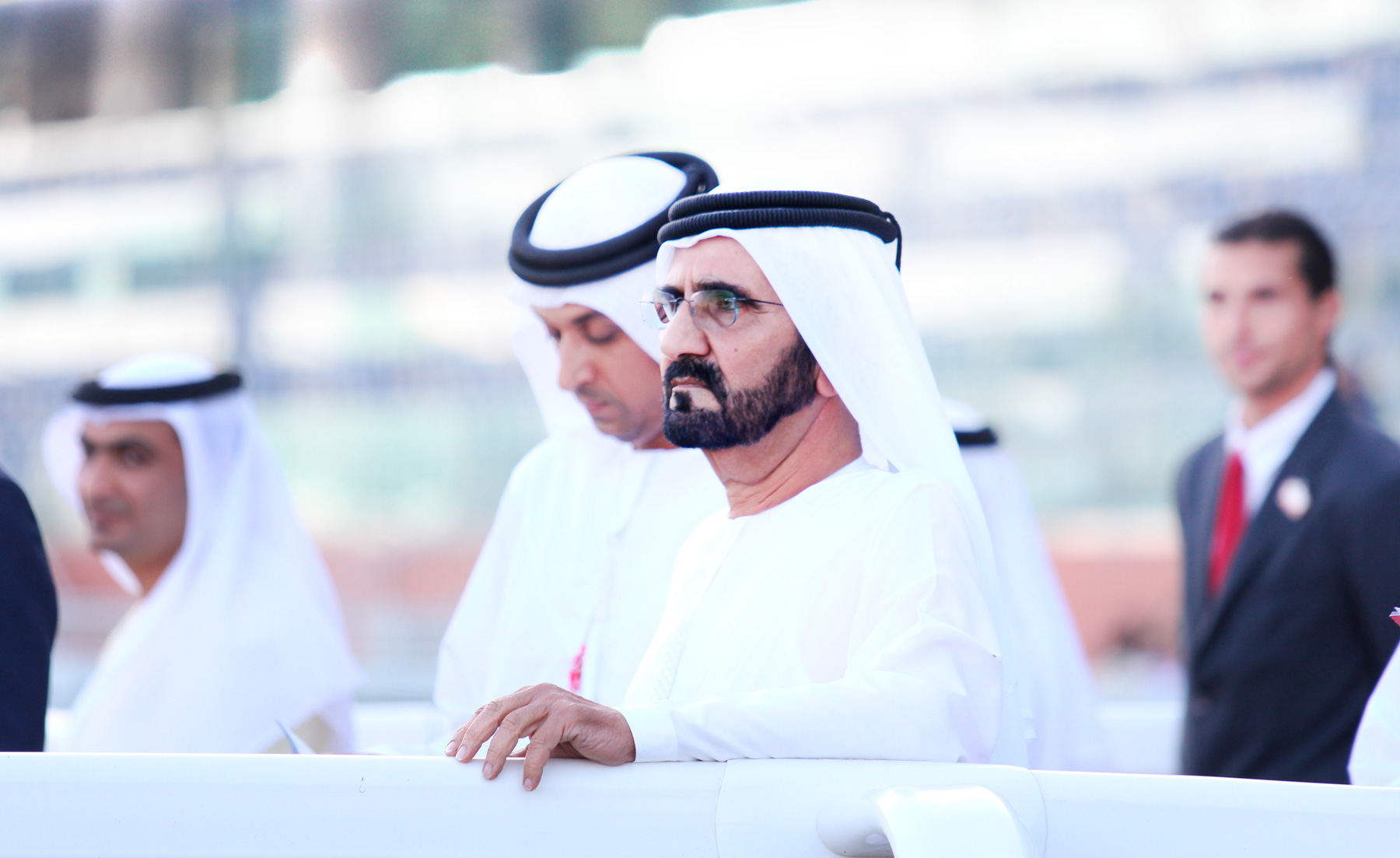“The UAE Cabinet has announced a decision to allow use of facial recognition in certain sectors”, and this is big news for technology locally and globally. Where do we go and what’s coming? Dmitry Doshaniy, NNTC General Manager, shares his predictions and perspective on this exciting news in an interview below.
It’s 2021 when the UAE has approved facial recognition. Why now?
Many government and private organizations have more or less got started adopting facial recognition for security reasons or routine operations. Individual users of certain devices or services know this technology well, for example, for unlocking most of iPhones. Many banks are introducing biometric authentication to improve both client experience and transactions security.
Facial recognition has become global, so one more app or solution on the market doesn’t impress anybody. The market has matured and is now ready to adopt this technology and create more space for it at the state level. Facial recognition has proven to be a reliable and practical tool that is now starting to move into the mainstream.
Another explanation for such a decision is, I think, the fact that both business and public services still have to be provided remotely. COVID-19 is a compelling reason for governments to work harder towards less crowded places and better public health situation. Of course, some procedures are available online, but many services require authentication due to personal data security matters.
How can one know that a particular facial recognition offering on the UAE market is mature?
There is a bunch of tests showing strong performance of the latest algorithms with up to 99.97% facial recognition accuracy. False recognition is next to impossible if an image of a person is of normal quality. There can be some trouble if comparing photos of one person at different ages (for example, with a ten-year gap between them), but it is not critical as well. Anyway, facial recognition outperforms an average desk clerk. This means that video analytics puts an end to scammers successfully faking their identity to get a loan and lying to clueless clerks how not having much sleep last night makes them look wildly different from the photo. Imagine a scammer trying to play that trick with a video camera – hilarious!

The Internet used to have a bad reputation for massive account hacks and identity theft in the past. Is it possible that future hackers will somehow lay their hands on facial recognition data to make a plastic surgery and break into all user accounts?
Facial recognition systems do not store any information that can be used for plastic surgery or making a realistic 3D-printed mask. In most cases, flat images or photos are processed into a number format, and the underlying algorithm doesn’t allow reconstruction of the source 2D image. The information conversion process is tricky. Just as you can’t use hashes to reverse engineer the hashed source data, a numeric form of a recognized face in a database is incomprehensible – you can’t even guess the appearance.
Suppose, someone manages to steal a facial recognition database, but translating and exploiting the content is impossible. You can’t come up to a stranger, take a picture and stay unnoticed, and then make a super-realistic mask out of that photo. Moreover, your identity is secured by your biometric data – voice, fingerprint, and eye retina; scammers have zero chance of success. The best practice is to use several identity indicators in a biometric authentication system. Diversity makes a perfect security system.
In your opinion, how long will the implementation of facial recognition take at the state level in the UAE?
This reminds me of a joke, that goes like: “Who is the driver of your digital transformation: CEO, CIO or COVID-19?” Some parts of human life have experienced change that could have been extended over decades, but instead it either happened in months or is planned to happen in the next year or two. Everything related to remote work, services, and authentication will be implemented really fast.
We witness some global experience already as other countries are working on legal framework to deploy and regulate facial recognition and video analytics. This experience can be adopted and customized locally. Face-initiated payments, travel by public transport, and overall routine surveillance are an everyday practice in China. Integration like this brings great benefits to citizens and the state by improving people’s safety and comfort.
People usually prescribe a number of gloomy properties to face recognition, including recalling “Big Brother”. However, many countries have developed regulations to control facial recognition use, and this experience can be enriched and adopted. I’m 100% sure, that the UAE has the brightest future using this wonderful technology.

